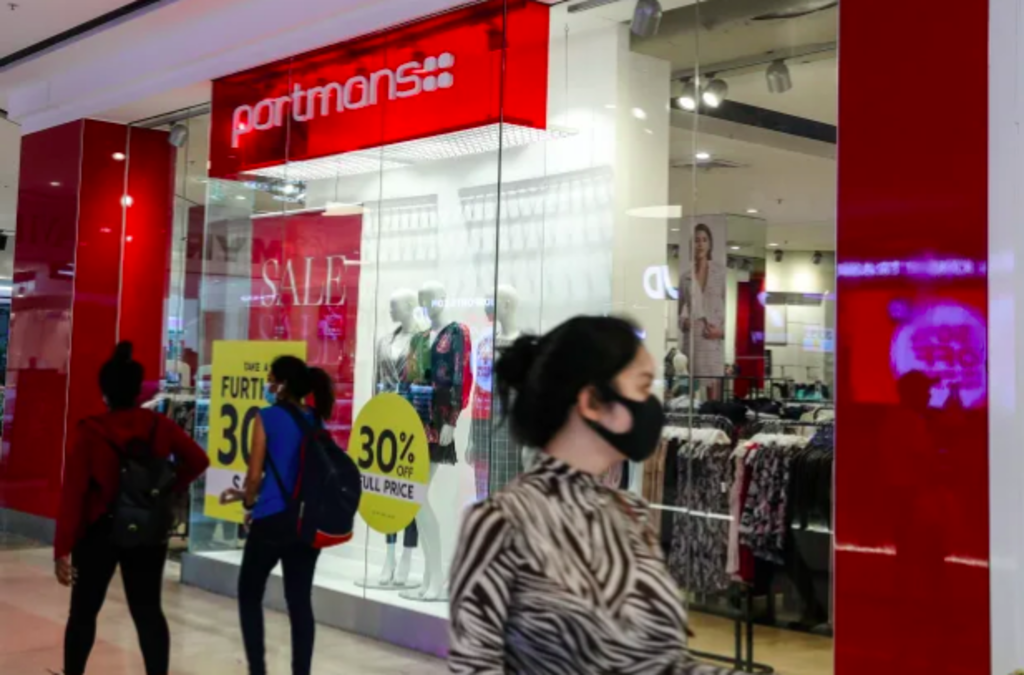
Mall owners broker peace with retail tenants
Shopping centre owners have brokered a peace deal with peak retail bodies in a bid to contain an escalating rent strike by tenants hit by slowing trade or forced to close their doors by COVID-19.
The agreement sets out a series of principles on how landlords and their retail tenants can manage through the virus crisis and the basis on which any rent relief deals can be struck.
The deal was put together in record time, just two days after the National Cabinet issued guidelines on commercial tenancies, including a moratorium on evictions for non-payment of rent.
Powerful retail groups led by Solomon Lew’s Premier Investments – which includes the Smiggle, Portmans and Just Jeans brands – have already closed their doors and said they will not pay rent as the deadly virus cuts foot traffic and exposes their staff to risk.
The rent strike widened quickly, as more major retailers effectively dumped any one-on-one negotiations on a commercial resolution with landlords that may have been under way.
Crucially, the new deal rejects a key national cabinet principle giving tenants the ability to terminate leases on the grounds of financial distress.
Instead, the fresh principles require tenants to reveal their finances to their landlords in order to strike rent waivers or deferrals for a set period of time.
Significantly, the new leasing code notes that the assistance given could be based on the “overall financial capacity” of the retailer’s corporate group.
“This collaboration should be the model of how we work together over coming months as we all have a common responsibility for the sustainability of retail and preserving jobs,” said Scentre’s chief executive Peter Allen, speaking in his role as chair of the Shopping Centre Council of Australia.
Scentre operates the $56 billion portfolio of Westfield centres and is the country’s biggest retail landlord.
Also backing the pact is Vicinity, whose major shareholder is Rich Lister John Gandel and with whom it co-owns the country’s largest mall, Chadstone in Melbourne.
“Collaboration by property owners, retailers and government is more important now than at any time in our recent past,” said Vicinity’s chief executive Grant Kelley.
On the other side of the agreement are the Australian Retailers Association, the National Retail Association and Pharmacy Guild of Australia.
However some powerful retail groups, including Mr Lew’s Premier Investments, have not signed onto the agreement individually and may still pursue their own path on rents.
The ARA’s Russell Zimmerman was hopeful the deal would stick.
“Our industry has a track record of working together, including on challenging issues, and this is about working together and assisting policymakers in the next phase,” he said.
Tough rules on social distancing and gatherings have forced the closure of some mall tenants, while falling sales have prompted others to shut their doors. Major malls have scaled back opening hours in an effort to nurse struggling retailers through the crisis.











